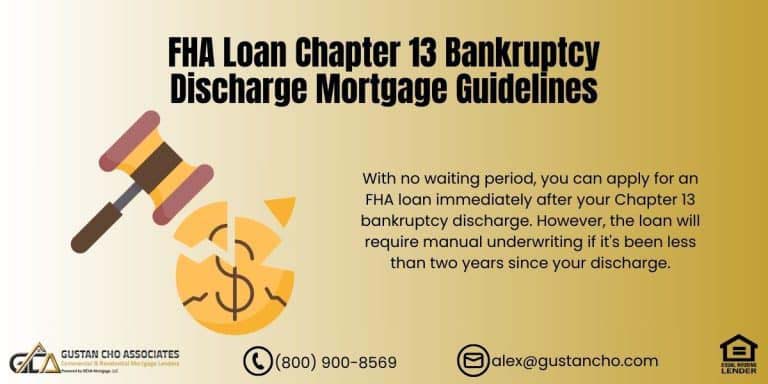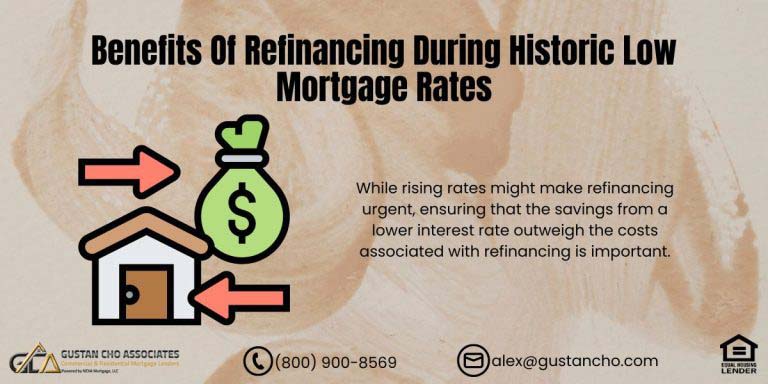Pros and Cons of 15 Year Versus 30 Year Fixed Rate Mortgages
Which Loan Program is best for you: 15 Year Versus 30 Year Fixed Rate Home Loans: 15 Year Versus 30 Year Fixed Rate Mortgages has benefits for certain borrowers but not all. Certain borrowers who can afford a higher monthly mortgage payment may opt to go with 15 Year Versus 30 Year Fixed Rate Mortgages and save tens of thousands of dollars over the course of the loan term.
30 year fixed rate mortgages have lower monthly payments. However, borrowers will pay substantially more in mortgage interest in the long run. Borrowers opting 15-year fixed-rate mortgages can benefit greatly.
Borrowers can build equity substantially quicker. Borrowers can have their home mortgage paid off in 15 versus 30 years. However, the price tag for this is a higher monthly mortgage payment. Borrowers of 15-year versus 30-year mortgages also save tens of thousands of dollars in mortgage interest. This is due to the shorter term on the 15 year versus 30-year mortgages. In this article, we will discuss and cover the benefits of a 15 Year Versus 30 Year Mortgages On Loan Programs.
15 Year Versus 30 Year Fixed Rate Mortgages: Benefits of 30-Year Fixed-Rate Mortgages
Most home mortgage borrowers opt to choose 30-year fixed-rate loans. Due to the longer repayment period, the monthly payment is lower due to the longer amortization schedule. Mortgage interest rates on 15 and 30-year are fixed so the principal and interest payments will not fluctuate. The property tax and insurance payments may increase or decrease, therefore, mortgage escrow may fluctuate. Due to the long term on 30-year mortgage payments, it benefits borrowers in making the monthly payments more affordablle. Adjustable-rate mortgage. are another option borrowers can opt for on 30-year amortized mortgages. ARMs are a good choice for homeowners who do not intend to live in their home purchase long term. It may be a first-time homebuyer buying a starter home or a couple without children buying a condo but plans in buying a single-family home in the near future.
Borrowers Who Benefit From a 30-Year-Fixed-Rate Mortgage
There is a reason why the 30-year fixed-rate mortgage is the most popular loan program in the U.S. The monthly principal and interest payments are stretched out for 30-years. Therefore, mortgages that are amortized over 30-years are more affordable for homeowners. Having lower monthly mortgage payments gives homeowners more flexibility financially.
Homeowners can invest, and/or do other tasks with the extra monthly cash. For homeowners who want to pay off their mortgage loan balance earlier, they can also make extra payments towards principal paydown.
There are no prepayment penalties on residential mortgages. Another benefit with 30-year fixed-rate mortgages is homeowners can deduct more interest from their income taxes and benefit from the interest deduction for a longer-term. Borrowers can qualify for larger loan amounts if they opt for a 30-year loan.
Negatives of Opting For a 30-Year Fixed Rate Mortgage
In this paragraph, let’s go over the negatives with opting for a 30-year mortgage. Mortgage interest rates are higher on 30-year versus 15-year mortgages. This means borrowers will pay tens of thousands more in interest expense on 30-year versus 15-year fixed-rate mortgages. Borrowers will be paying mortgage interest over the course of 30-years versus 15-years. However, the benefit of 30-year loans is lower monthly payments. On the negative side of this, it means it is more difficult to build equity. Due to the affordability of 30-year loans, it is easier to qualify for. The pros and cons of 30-year home loans are high-interest expenses, higher mortgage rates, versus lower monthly mortgage payments.
Paying Off Your Mortgage Balance Earlier
The team at Gustan Cho Associates recommends borrowers take the 30-year fixed-rate mortgage and can pay the loan off in 15 years or earlier. If you take a 15-year mortgage, you need to make the minimum monthly payment. You cannot amortize the 15-year to a 30-year mortgage when times are tough. However, if you take on a 30-year mortgage, you can make extra payments towards the principal when you have extra funds and pay off the loan balance earlier. If times are tough and you cannot pay the extra principal buydown payment, you can the minimum monthly payment due on the 30-year amortization.









